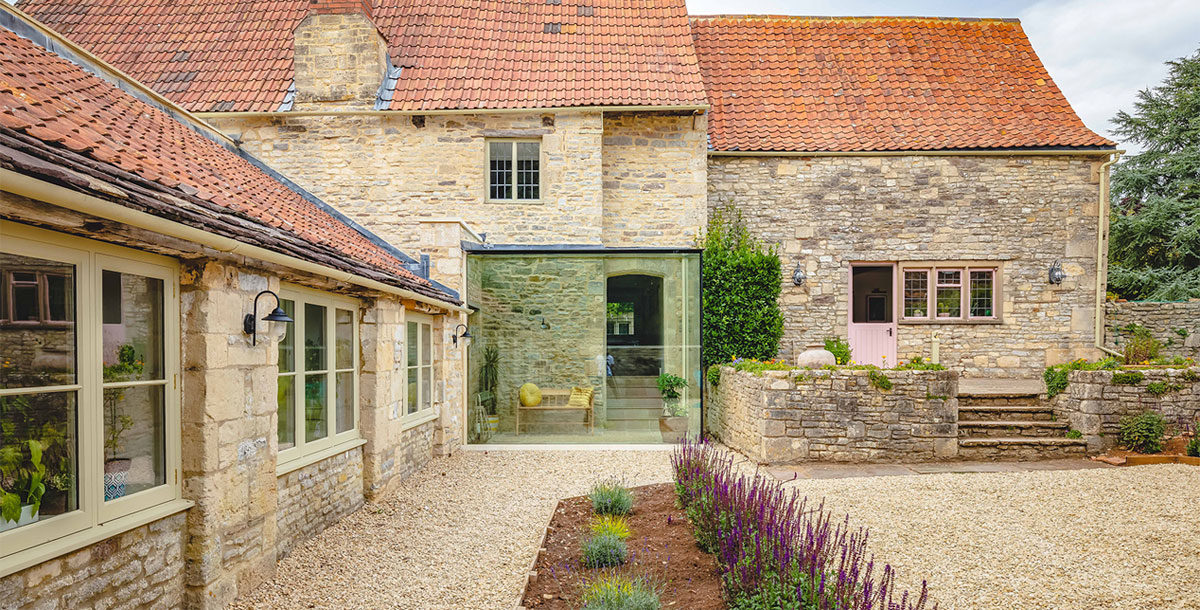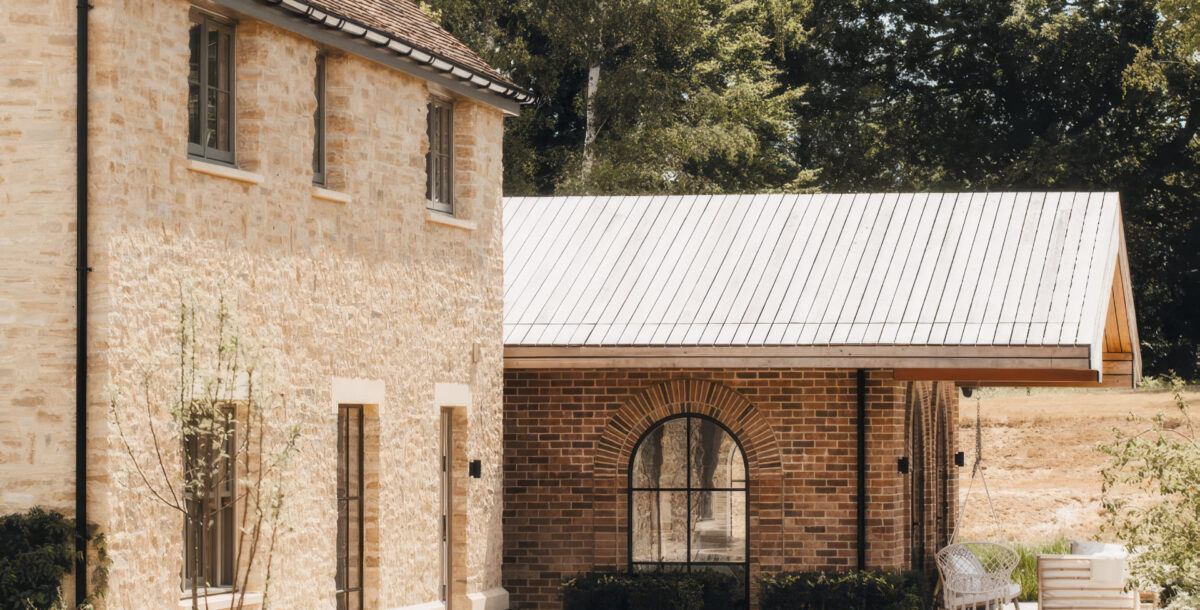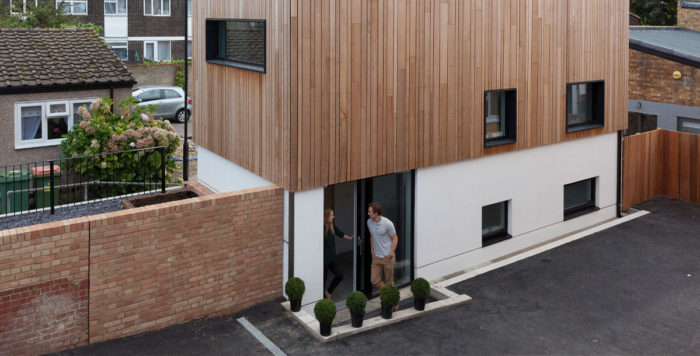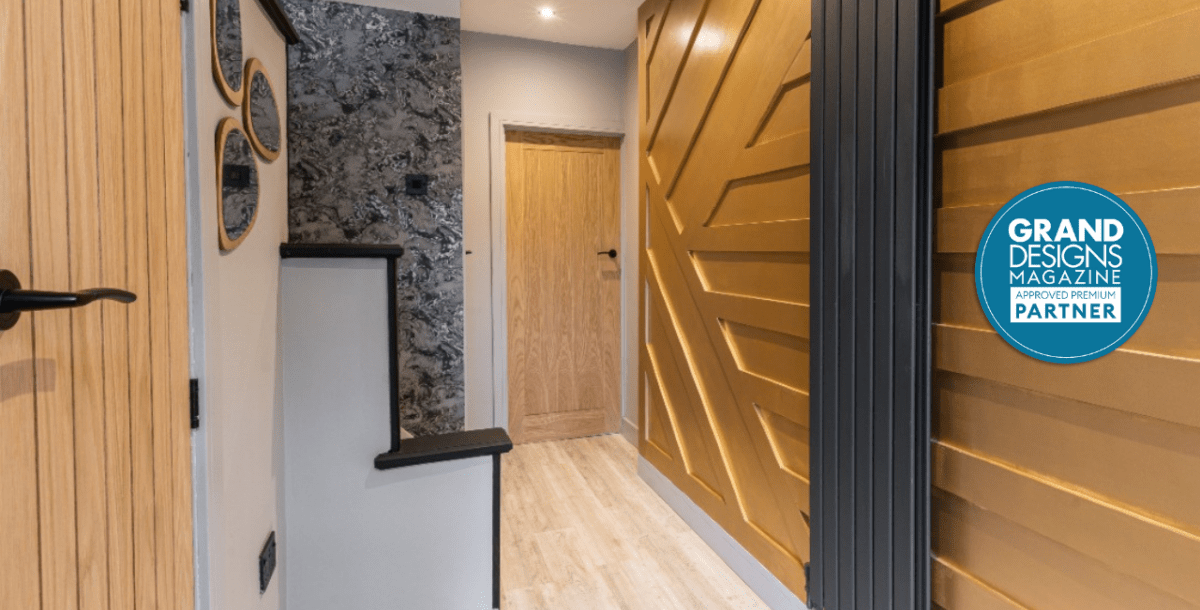What your builder wishes you knew
Advice from construction experts to ensure your project runs like a dream
Rises in energy and material prices have contributed to a shortage of construction workers as high costs force some small firms out of business. There were more than 250,000 fewer construction workers in the UK at the start of 2022 than in 2019, according to the Office for National Statistics.
‘Finding a good builder is not always simple, especially as prices are up and delays are affecting the industry,’ says Brian Berry, chief executive of the Federation of Master Builders. ‘You may be tempted by cheap quotes and immediate start dates, but I would urge extreme caution. The golden rule is that a good builder is a busy one.’
As well as finding the right contractor, it’s important to have a good working relationship with your team to ensure that the self-build process runs smoothly. Before you embark on a project, here’s what your builder wishes you knew.
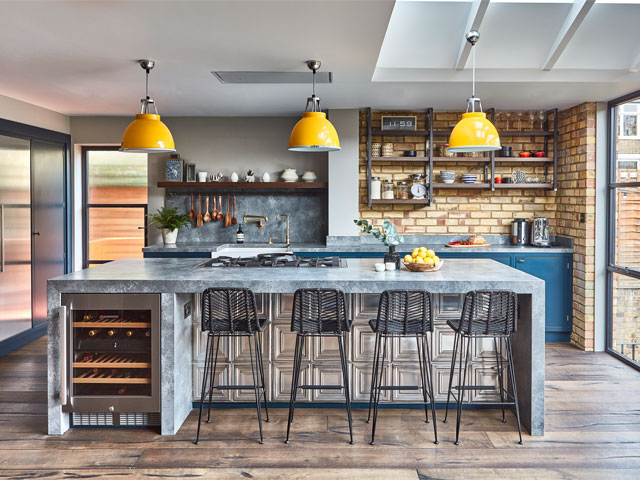
A two-storey rear extension was added to this house in Ealing, west London. Designed by architecture practice Catfish Studio and built by Totus Construction, it cost £550,000 and took 28 weeks. Photo: 82mm.com
A detailed brief is important
Have an in depth discussion with contractors about your expectations and put your brief in writing. Include your budget and the proposed timeline, and examine any architectural drawings – ideally with your architect present – specifying the materials or fittings you want. This will help you and the contractor assess if the project is a good fit for their skillset and experience, and prevents unnecessary hold-ups later.
‘Doing all this before the build starts eliminates having to make too many decisions once it’s underway, which leads to delays,’ says Terry Vinn, director of Totus Construction. Advance planning and a precise brief also help contractors provide realistic estimates. ‘Quotes are as only good as the detail given,’ says Jamie Priest. ‘The more information, the more accurate the quote.’
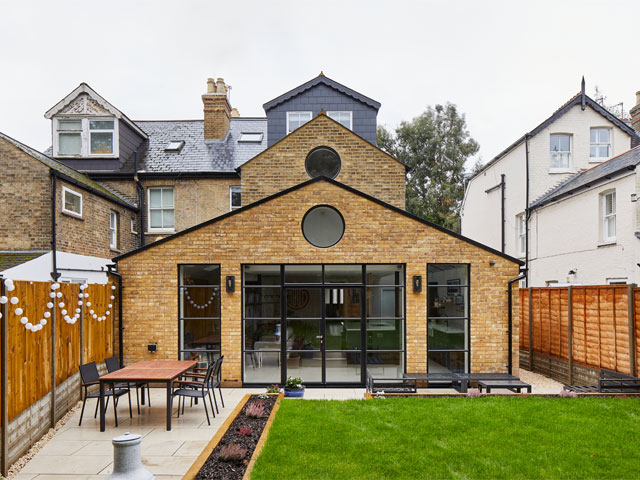
Totus Construction added a rear and dormer loft extension to this house in Walton-on-Thames. The project cost £500,000 and took 24 weeks to complete, coming in a little over the original budget
A project manager is a good idea
Unless you have experience running a build, and have time to take the work on, you’ll need a project manager. Your contractor or architect may be able to perform this additional role, or else a project management professional will be required. They must provide your builder with a list of every component and its lead time to enable the unhindered progress of the schedule of works. It’s hard for the unpractised to keep track of what’s arriving on site when, and to assess whether every delivery is to specification and in working order.
‘I advise my clients to avoid dealing with orders,’ says Taleb Yusef of London Dream Building. ‘It’s helpful when homeowners have done some research and know what they want. But I still recommend employing an experienced project manager.’
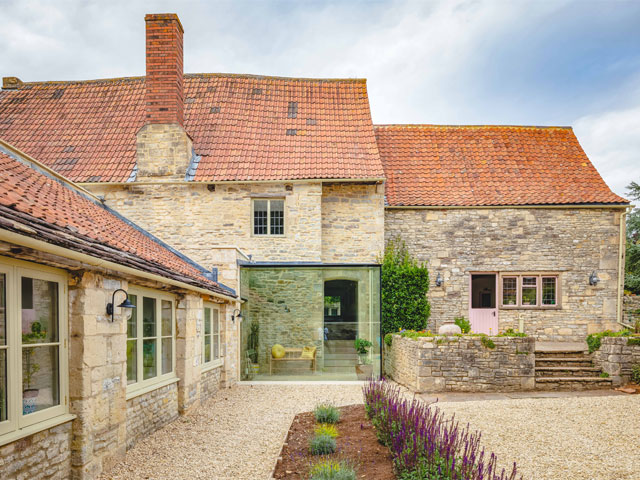
Stonewood Builders renovated a six-bedroom medieval house in Codrington, Gloucestershire. The project involved stripping away 1970s/1980s additions and restoring the original timbers. Photo: Lukonic Photography
Your timeline may need to be flexible
Your contractor works out a build schedule once the project details are finalised, but even the best-laid plans can come up against unexpected delays. Delivery of materials may be held up for reasons beyond the project manager’s control, and it’s not unknown for adverse weather to bring work to a halt – laying brickwork or pouring concrete is not a good idea when the temperature approaches 0°C.
‘Avoid starting a project in late November or December because it’s likely the temperatures will be low or there will be constant rain,’ says Taleb Yusef.
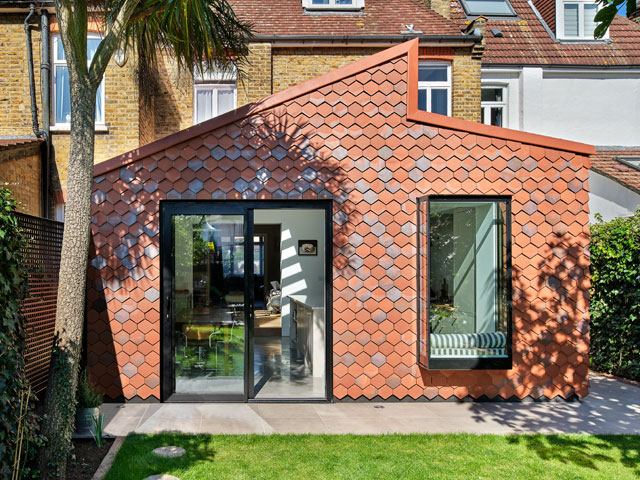
A single-storey extension was added to this house in Wimbledon, south London. The project, designed and managed by ABHR_A and built by London Dream Building, took seven months and cost £250,000. Photo: Chun Yie Chiu Photography
A good working partnership is key
Make time to meet with your contractor at least once a week and agree on suitable timings from the outset of the build for the duration of the project. But be prepared to answer queries more frequently. ‘Success depends on being open, collaborative and communicative,’ advises Jamie Priest.
How to avoid disputes with your builder
Agree clear guidelines, says Brian Berry, chief executive of the Federation of Master Builders.
- Before the build begins, it is vital to have a contract in place that both you and builder agree on, including start and completion dates. Ensure a contingency plan is in place to allow for unforeseen problems. A good tradesperson will prepare you for any potential issues, based on previous experience with finished projects.
- Depending on the project, a schedule of paid instalments can be included in the contract to show which elements must be delivered before payment is made. This provides clarity to both parties should there be any delays.
- Contracts can also cover what will happen in the event of an overrun – a pre-agreed rate of ‘ liquidated damages’ is a good idea. This is any estimated losses that a homeowner may suffer if the work overruns.
- It is essential to have an open and honest dialogue with your builder throughout the process, but should the partnership break down, the FMB offers free Alternative Dispute Resolution (ADR) to its members and clients to help them reach an agreement. The RIBA also provides a Dispute Resolution Service for any party of a construction contract.

